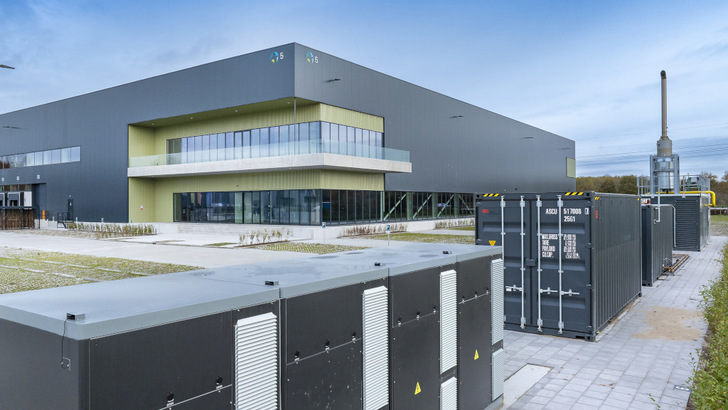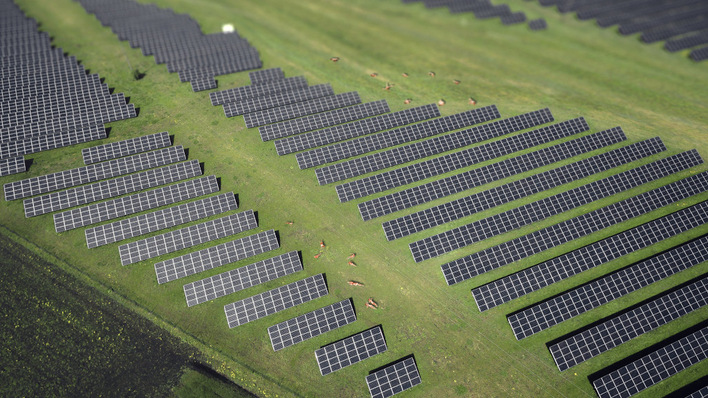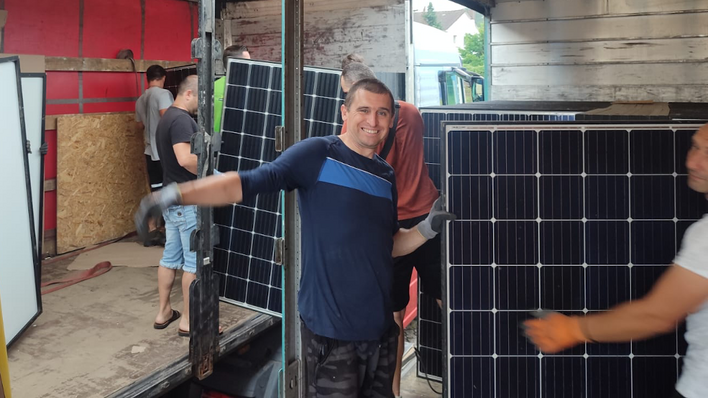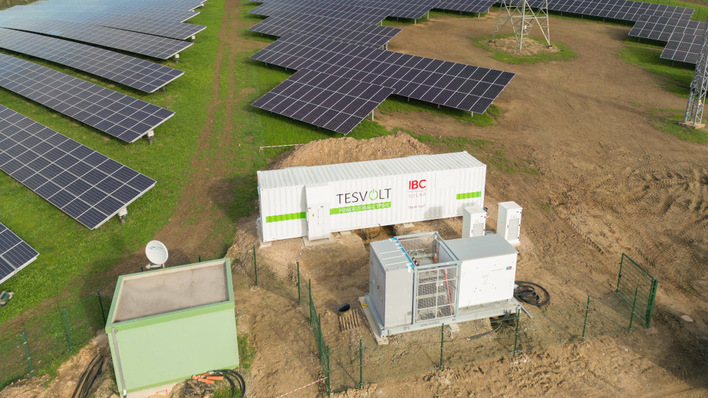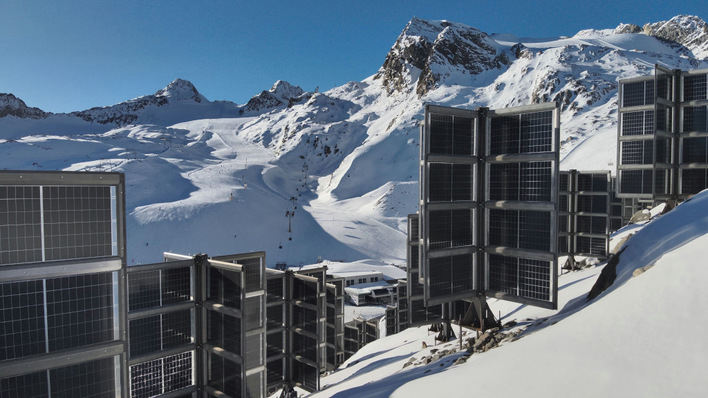The new solution enables the building to operate in a location with limited grid access, demonstrating how businesses and essential infrastructure can keep expanding despite constraints. With just 55 kW of grid capacity—well below typical industrial requirements—Prologis implemented a microgrid in under a year, increasing available power to around 400 kW, nearly seven times the original supply.
"Microgrids can also pay off in Central Europe"
The system integrates rooftop solar, battery storage, backup generators and a smart energy management platform that prioritises the use of locally generated solar power. Solar energy is stored in batteries, while a gas generator provides extra power only when needed. An additional backup unit runs on Hydrotreated Vegetable Oil 100% (HVO100) and serves as an emergency reserve. The system is engineered for 99.9 percent reliability with triple redundancy.
“Grid congestion has become one of the biggest hidden risks to business growth in Europe,” says Melchert Duijve, Vice President, Energy & Sustainability, Prologis Europe. “This project proves that industrial development does not have to wait and that companies can secure reliable power and move forward today, not years from now. Microgrids are still rare in the Netherlands, but I expect this to become common practice.”
Dutch grid resilience offers lessons for Europe
Blueprint for energy-constrained markets
Grid congestion is already shaping investment decisions throughout the Netherlands. Almere is one of many locations under pressure, but it is among the first to benefit from this type of solution. This marks Prologis’ first microgrid in Europe and provides a scalable blueprint for other constrained sites, with a modular design that can be adapted to local requirements. Comparable systems are already in operation at Prologis facilities in the United States, where electrification is advancing faster than infrastructure.
“For our customers, reliability is not optional,” says Marijn van den Heuvel, Director of Capital Deployment, Prologis Netherlands. “In Almere, we have built a logistics hub that is ready to operate today, even where grid connections are years away. That keeps supply chains running and local employment secure.”
Unique combination of PV, wind and storage
Sustainable design
The newly developed, fully electric logistics facility is designed to achieve BREEAM Very Good certification, a recognised European standard for sustainable buildings that assesses performance in areas including energy efficiency, materials and overall design quality.
The facility will operate with heat pumps, features triple glazing and LED lighting, and is built using circular materials and a demountable steel structure. Its design is tailored to the local environment: in consultation with the municipality, the team chose a natural façade finish and an open entrance. (hcn)


